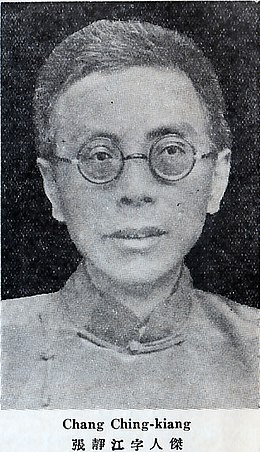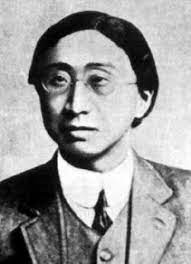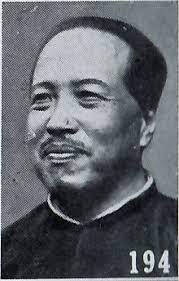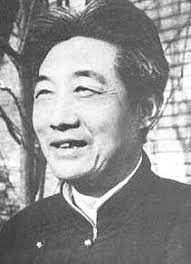Chang Jen-chieh 張人傑 T. Ching-chiang Chang Jen-chieh (19 September 1877-3 September 1950), businessman and goverment official, was an early supporter of Sun Yat-sen and a patron of Chiang Kai-shek. He was one of the "four elder statesmen of the Kuomintang" and served as governor of Chekiang province and as director of the National Reconstruction Commission […]









